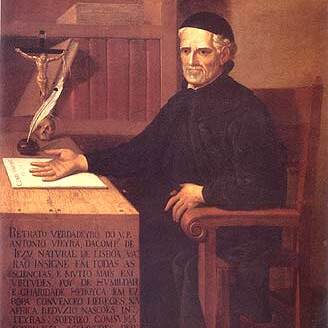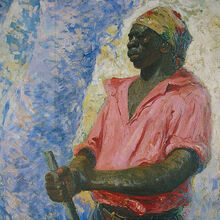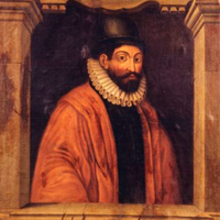
Personal
Other names:
Job / Known for:
diplomat, and master of classical Portuguese prose
Left traces:
His sermons, letters, and state papers
Born
Date:
1608-02-06
Location:
PT
Lisbon, Kingdom of Portugal
Died
Date:
1697-07-18 (aged 89)
Resting place:
BR
Death Cause:
Old age
Family
Spouse:
Children:
Parent(s):
Cristóvão Vieira Ravasco and Maria de Azevedo2
QR Code:
Show More
Rank
Users ranking to :
Thanks, you rate star
Ranking
5.0
1
Fullname
Antonio Vieira
Fullname NoEnglish
António Vieira
Slogan
On days when we don’t do anything we simply endure.
About me / Bio:
Show More
Article for Antonio Vieira
Died profile like Antonio Vieira
Comments:





